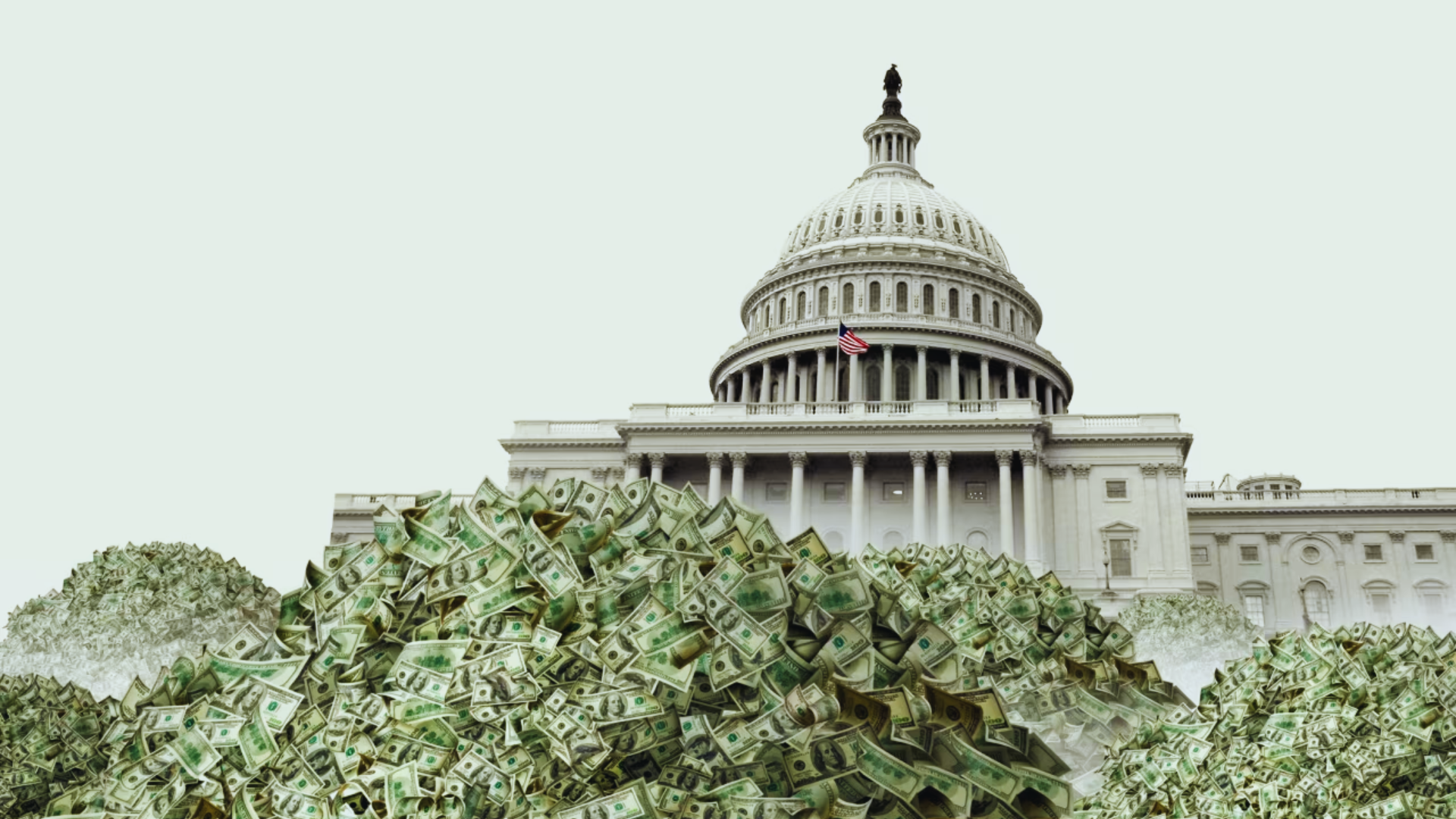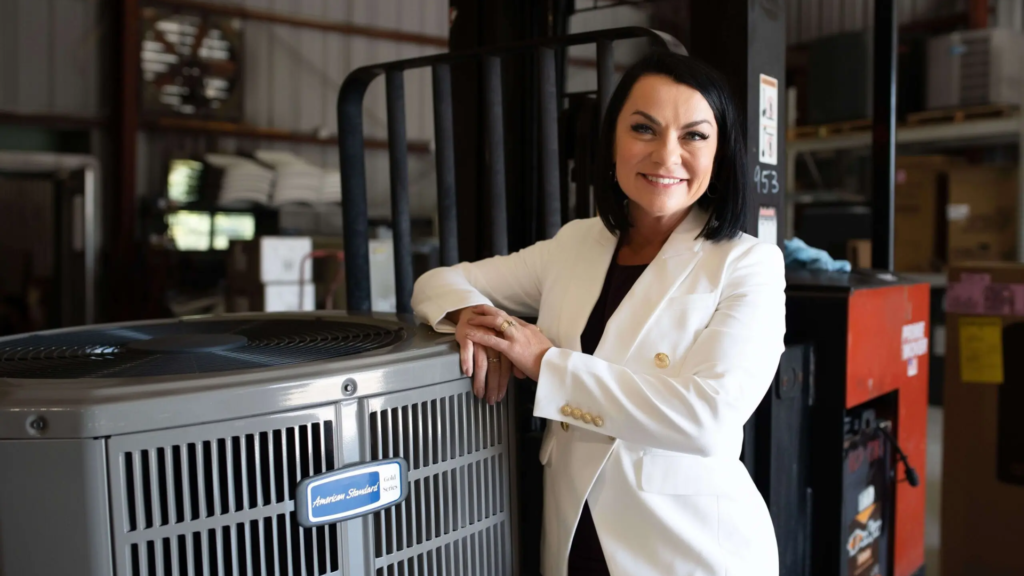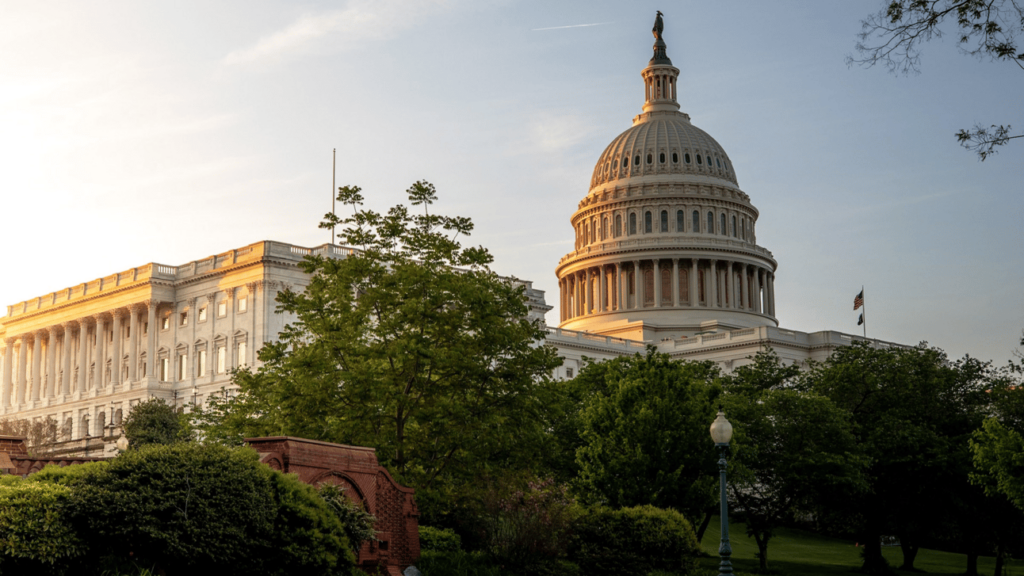Congress kicks off budget talks with HVAC incentives on the table
As the House and Senate begin negotiating a unified federal budget plan, several developments impacting contractors are up for discussion

Image: WSJ
The House and Senate this month approved their blueprints for the government’s multi-trillion-dollar budget, officially kicking off negotiations to hash out a unified plan.
Why it matters: Several developments impacting contractors, including billions of dollars across corporate taxes and HVAC incentives, are being put on the table.
What’s happening: The negotiations come as the House approved its budget plan on April 9, following the Senate just four days earlier, with reconciliation as the next step.
- Meanwhile, tensions have risen as several Republicans encourage a more thoughtful approach, while others advocate for broader spending cuts.
State of play: One of President Trump’s primary objectives is extending the Tax Cuts and Jobs Act (TCJA) — the 2017 law that lowered the federal corporate income tax rate to 21 percent.
- Extending the TCJA would cost over $4 trillion over the next decade, and Congress needs to find ways to offset it.
One method being considered is cutting existing incentives, including a $3,200 consumer tax credit for installing qualifying HVAC equipment, known as ‘Section 25C.’
- While eliminating 25C has been discussed, AHRI recently petitioned Congress to preserve it.
- Separately, ACCA noted in February that the House’s proposal authorizes a $4.5 trillion deficit increase, which “may reduce the pressure for such offsets.”
Zoom in: The Inflation Reduction Act (IRA), signed in 2022, allocated nearly $9 billion for state-managed point-of-sale rebate programs for consumers who make qualified HVAC upgrades. As of January 17, 12 states, including D.C., had launched their programs.
- The IRA will be central to negotiations, as the president has openly opposed the law.
- However, several Republicans recently urged their colleagues to be “thoughtful” about any cuts, noting that 18 of the top 20 districts that have received clean energy investments from the law are represented by Republicans.
“It’s unclear whether Congress has the power to claw back those rebates,” Sean Robertson, ACCA’s VP of Advocacy, tells Homepros.
- While discussions haven’t revealed whether the rebates will remain, the Republicans’ recent support “at least gives us a chance to influence Congress on why they should be among the programs that are saved,” adds HARDI’s Alex Ayers.
Of note: Beyond lowering the corporate income tax rate, the TCJA also created the ‘199A’ deduction, allowing small business owners, including most contractors, to exclude up to 20 percent of qualified earnings from federal income tax.
- “If Congress does not act by the end of 2025, this deduction will expire, resulting in a significant tax increase for many small and family-owned contracting businesses,” ACCA wrote last week.
- In response, two lawmakers in January re-introduced a bill to make it permanent, with over 200 business groups, including ACCA, HARDI, and PHCC, pledging support.
- Since the 199A deduction is a core component of the TCJA, extending the law, overall, would likely preserve the benefit.
What’s next: Congress returns from a two-week recess next week and will resume negotiations, with Republicans aiming to deliver a final bill to Trump’s desk by Memorial Day.
📬 Get our stories in your inbox
Keep reading
The growing influence of women in HVAC
The number of women HVAC technicians and installers has doubled since 2017, according to the Bureau of Labor Statistics
What the HVAC industry is saying in D.C. — Part 2: Electrification
Notes from the industry's May visit to Washington
Austin Helms on building a perpetual company and hitting $20 million along the way
Notes on growth, retaining talent, and building a perpetual company


